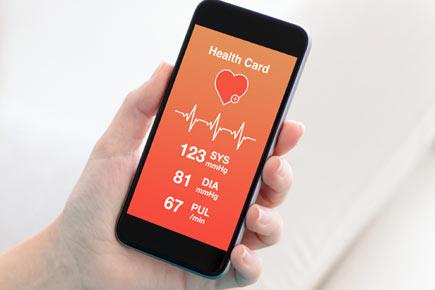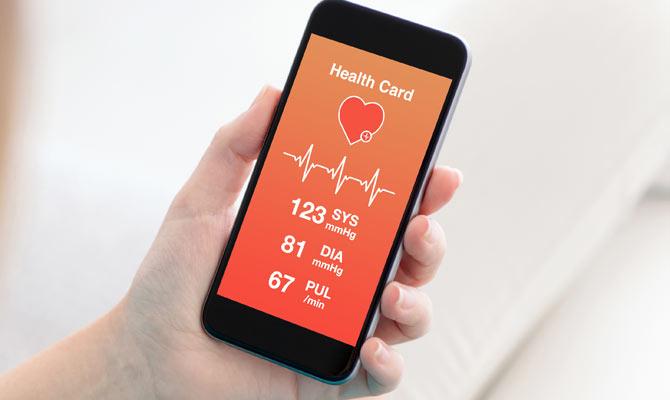Depending on smartphone-based health applications for managing chronic conditions or complex health needs may prove to be risky as such apps are falling short on many counts, a study led by Indian-origin scientist has found

Mobile health app

Representational picture
ADVERTISEMENT
New York: Depending on smartphone-based health applications for managing chronic conditions or complex health needs may prove to be risky as such apps are falling short on many counts, a study led by Indian-origin scientist has found.
"Clearly, there is a large-scale proliferation of apps happening related to health and people have made the switch-over to smartphones. But the question is, to what extent are apps serving the needs of patients with chronic diseases and their caregivers, as opposed to generally healthy people seeking help with wellness," said lead author Karandeep Singh, Assistant Professor at the University of Michigan in the US.
The study is based on a comprehensive review of 137 of the most highly rated or often recommended mobile health or mHealth apps on Apple and Google app stores, aimed at people with chronic conditions.
The findings showed that there was a wide range of highly rated apps that offer to help people with conditions such as diabetes and depression, but for those with arthritis or pain only few options high-quality apps were present."
The ratings on app stores mainly supplied by other users could not always be a reliable guide even with highly rated apps.
Further, nearly 121 of the apps were found to let people enter information such as a daily blood sugar or blood pressure level or whether they were feeling suicidal into their phone.
However, only 28 of these apps reacted appropriately when the reviewers entered a dangerous value, for instance a high blood pressure or low blood sugar level, or a suicidal mood, the researchers explained.
In addition, most of the apps allow users to share their health information with others, but the researchers found that often this was through insecure methods.
Only two-thirds of the apps had a written privacy policy spelling out how they protect or use the information supplied by users.
This is better than previous studies of all mHealth apps have found, but still troubling to the researchers because the apps in this study were supposed to be the most top-notch.
"We found that the consumer-generated rating on the app store is a very poor marker of how usable an app is, and whether a physician would recommend it. Clearly, the work is not done once consumers have rated an app," Singh added.
The study was published in the journal Health Affairs.
 Subscribe today by clicking the link and stay updated with the latest news!" Click here!
Subscribe today by clicking the link and stay updated with the latest news!" Click here!






